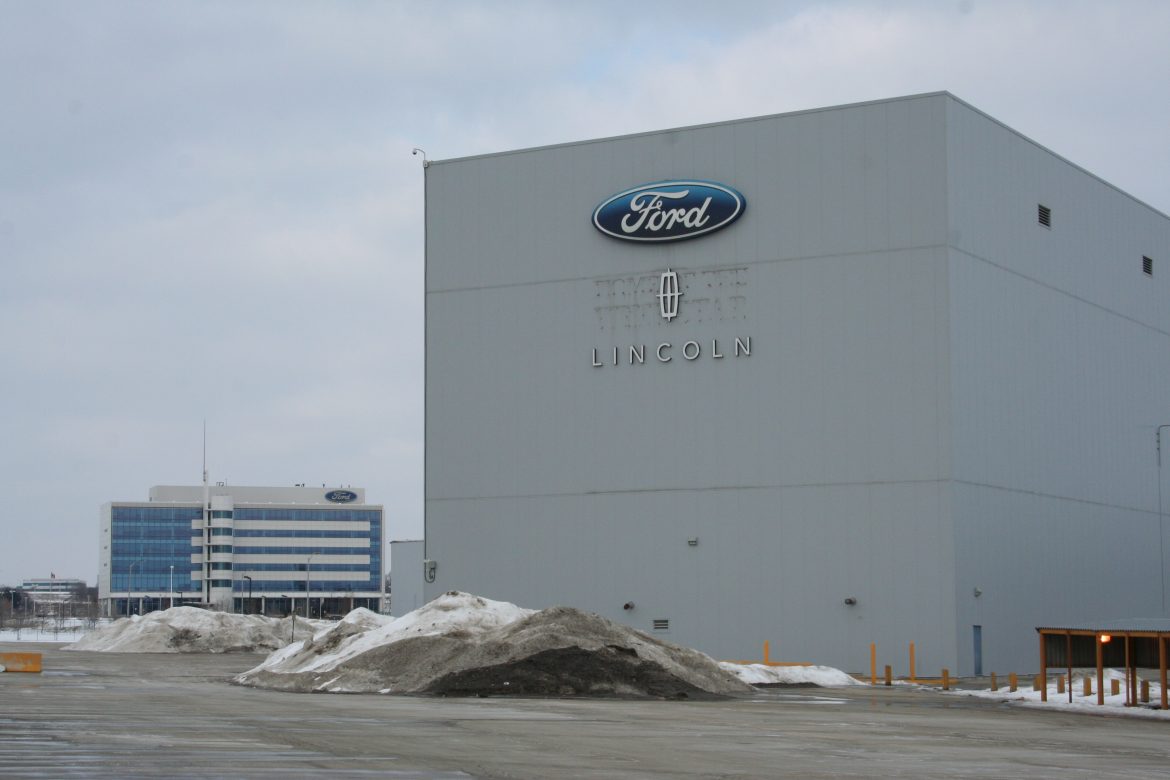Ford managed to strike a last-minute deal to prevent a potential strike at its Canadian operations, just as the United Auto Workers union in the U.S. considered expanding its strikes against major automakers.
Averted Canadian Strike
Unifor, representing approximately 5,600 Canadian auto workers, had threatened to strike at all three of Ford’s Canadian plants if an agreement wasn’t reached by 11:59 p.m. on Tuesday. A tentative deal was reached at the eleventh hour.
Union’s Powerful Weapon
Unifor hailed the tentative deal as a result of their potent bargaining tool: the right to strike, acknowledging the hard-fought gains achieved through weeks of negotiations.
Tentative Agreement Awaits Ratification
Ford’s Canada unit stated that the three-year agreement remains subject to ratification by Unifor members. Specific details of the agreement were not disclosed.
Union Demands and Next Steps
Unifor had been pushing for improved wages and pensions, support during the transition to electric vehicles, and additional investment commitments from Ford. With the Ford negotiations concluded, the Canadian union will now shift its focus to securing agreements with General Motors and Chrysler parent company Stellantis.
Separate Negotiations from U.S. Strikes
It’s worth noting that Unifor’s talks with the Detroit Three automakers in Canada are distinct from the coordinated U.S. action by the UAW, which led to strikes involving approximately 12,700 workers at one assembly plant in each of the three companies.
U.S. Strikes Disrupt Production
The U.S. strikes, now in their sixth day, have disrupted production at plants in Michigan, Ohio, and Missouri, impacting vehicles like the Ford Bronco, Jeep Wrangler, Chevrolet Colorado, and other popular models.
Potential for More Strikes
The UAW has threatened to announce strikes at additional U.S. plants on Friday if substantial progress isn’t made in talks with automakers. Analysts anticipate that plants producing profitable pickup trucks like Ford’s F-150, GM’s Chevy Silverado, and Stellantis’s Ram could become strike targets if the walkout persists.
Contingency Plans and Negotiations
Ford stated that it’s preparing contingency plans for further U.S. work stoppages, including ensuring the delivery of essential vehicle parts to maintain first responders and essential services. Negotiations with the UAW continue, with a focus on achieving an agreement that rewards employees and supports the company’s growth.
Disagreements Over Pay and Benefits
One key point of contention in negotiations is pay and benefits for workers. While the automakers have proposed 20% raises over the 4.5-year term of their proposed deals, the UAW is demanding twice that amount through 2027. The tiered wage structure, which has created wage disparities between newer and veteran employees, remains a significant concern for many UAW workers.
Workers Rally for Support
In a show of solidarity, dozens of auto workers embarked on a convoy from Ohio to Michigan to garner support for their strike. Many workers, like Roxanne Stadtfeld of Monroe, Michigan, are earning $19.28 an hour as auto workers and supplementing their income with additional work, such as food delivery for DoorDash.



